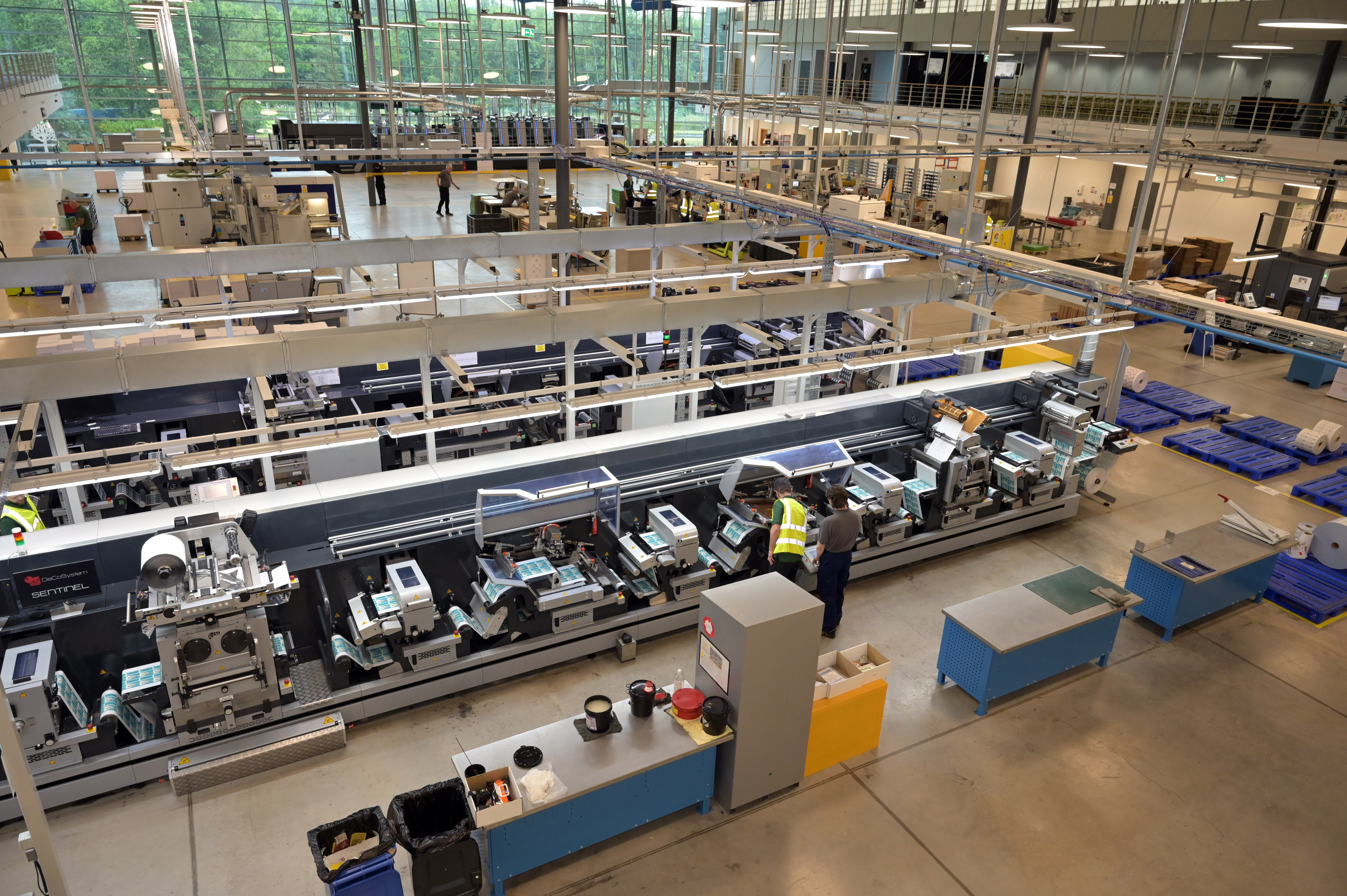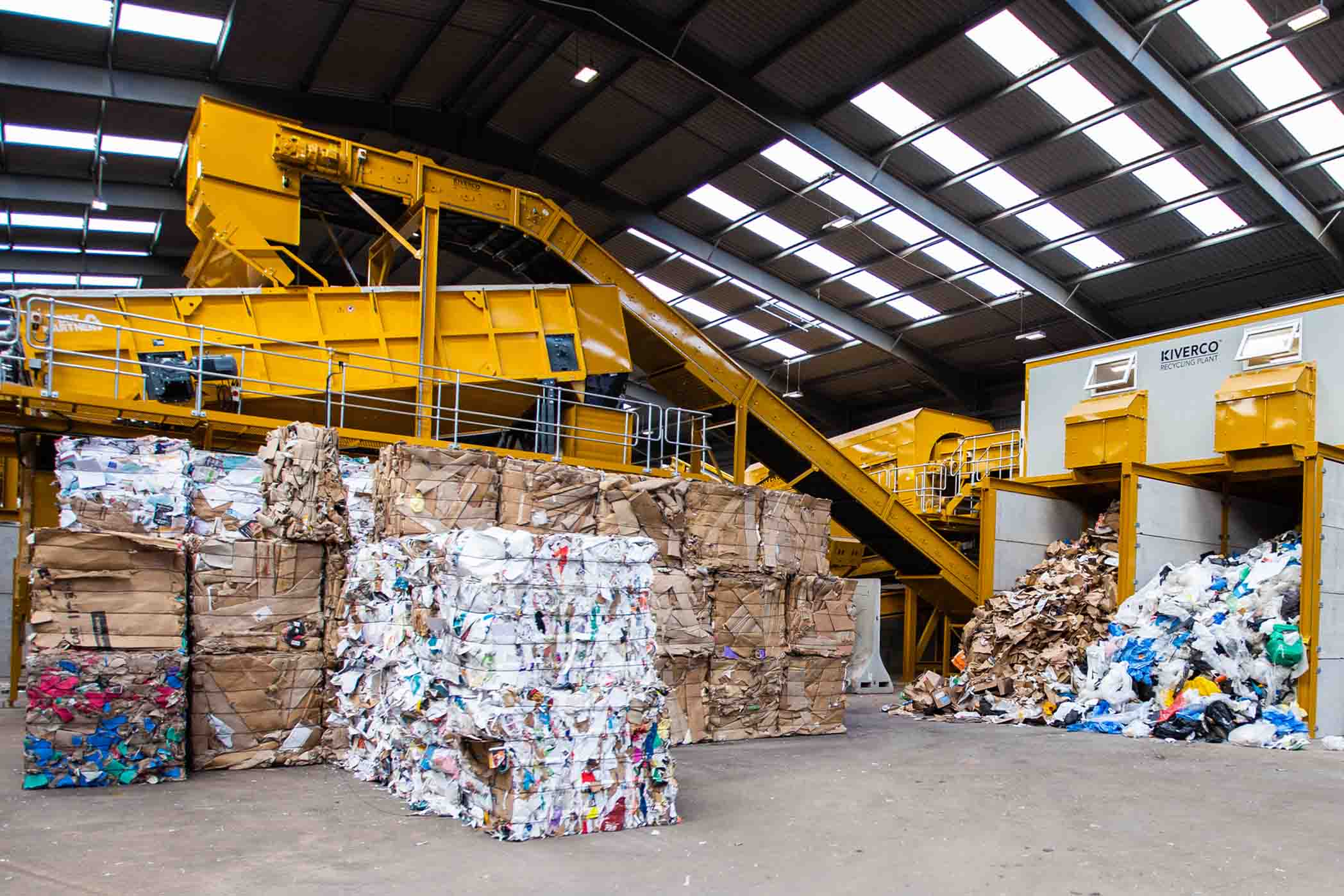Liechtenstein’s New Blockchain Act Opened New Opportunities

Despite a worldwide reputation as center for finance and banking, the financial sector is not the country’s largest economic sector, and actually plays a smaller role in the national economy than factories. Since the founding of Liechtenstein’s first bank in 1861, the country’s financial sector has grown to play an essential role in the national and global economy. It accounts for approximately 20 percent of Liechtenstein’s gross domestic product (GDP) and accounts for more than half of the principality’s taxable income. When considering Liechtenstein’s relatively small population, the economic significance of this contribution is disproportionally high when compared to other European countries, highlighting its oversized importance. Liechtenstein has been recognized by international organizations for its cooperation in tax matters.
Due to the limited domestic market, the principality’s banks are internationally oriented and have a presence in more than 20 countries. They boast financial strength and stability, specializing in investment funds, insurance solutions, private asset management, and international asset structuring. The Prince of Liechtenstein remains the owner of the Liechtenstein Global Trust (LGT), which is the largest family-owned private wealth firm in Europe.
In January 2020, the principality took a bold step forward. It enacted the first law in the world to specifically address the governance of blockchain technology and the token economy. In general, legislation is stable, yet swift and agile within Liechtenstein. This allows legislators to provide businesses with clear and succinct legal framework. In fact, an entire department was established to deal exclusively with financial technology (fintech) including blockchain technology and bitcoin, which has brought legal certainty and transparency for this niche segment.
Therefore, Liechtenstein has become an obvious choice for many fintech, blockchain, and crypto entrepreneurs. It complements the evolving Swiss Crypto Valley in the Canton of Zug. Although Liechtenstein does not offer financial incentives to crypto investors, local regulators, and tax authorities understand the specialized nuances. A symbolic gesture of welcome includes the ability to open a company using cryptocurrency.
Being a member of the European Economic Area (EEA), but not the European Union (EU), has its advantages. It allows Liechtenstein’s financial firms to capitalize on the EEA passport system, allowing firms to trade freely with minimal additional authorization in financial services and circumnavigate complex EU regulations. While some European financial centers hesitate to handle cryptocurrency, most Liechtenstein banks confidently handle crypto investments, and even offer advice on initial coin offerings.
Fintech, blockchain, and crypto communities have found a well-regulated environment in Liechtenstein and a collaborative ecosystem. The approach has enticed entrepreneurs to establish and begin trading. Monthly blockchain social events and meet-ups draw a surprisingly large number of attendees for such a small country. Liechtenstein represents the next generation of modern financial solutions.
























